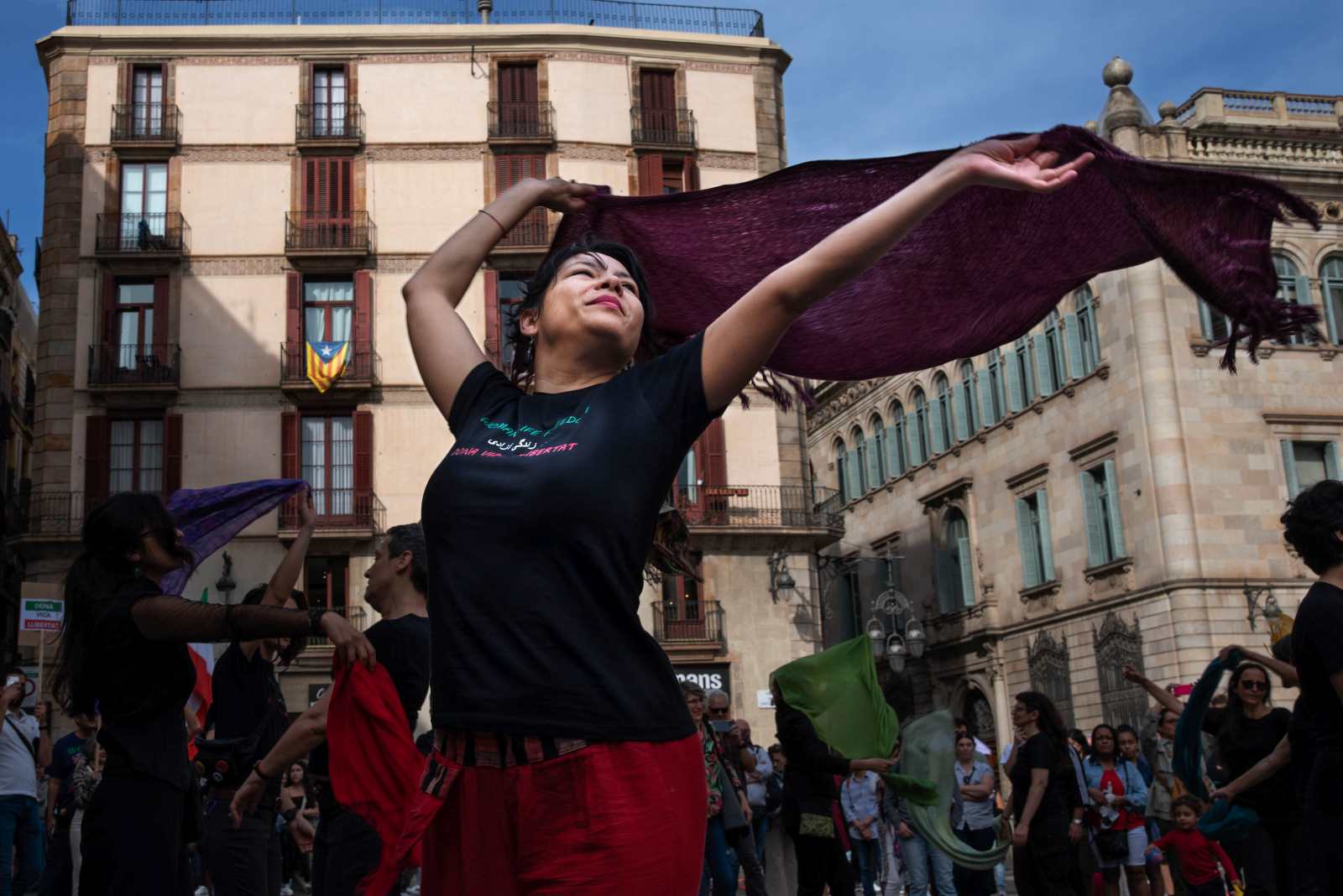Male allies
Why men must support feminist activism

Achieving gender equality in Kenya, as elsewhere, is a long and arduous journey that is repeatedly marked by setbacks. And here, as elsewhere, women are at the forefront of this struggle, fighting against all kinds of injustices. At the same time, cases of femicide and gender-based violence continue to increase, and not only here in Kenya.
In this context, men’s active support of the feminist cause is not only important, but an inherent responsibility. Patriarchy was created and is maintained by men. By eliminating this oppressive system, not only women but also men free themselves from its constraints. Supporting gender equality is therefore not only a moral imperative but is in our best interests as individuals who want to live in a fair and just society.
It is important to state from the outset that women are not damsels in distress who need rescuing. This means that a male ally is not the long-awaited saviour who will break the yoke of patriarchy and breathe life into the feminist movement.
A male ally is a man who is aware of the oppression that other men perpetrate against women. He is a man who has understood the systemic patriarchal structures that repress women and has made a conscious decision to actively fight gender inequality. Being a male ally means recognising male privilege and understanding the systemic barriers that women face and working to dismantle these structures. Male allies are not only supporters of feminist causes but also agents of change who use their privileged position to amplify women’s voices.
Beyond the bystanders
With deep-rooted patriarchal traditions resisting change, the time for passive spectatorship is over. Men have the chance to challenge harmful stereotypes of masculinity. Patriarchal societies tend to pay more attention to what men say and do than to women. In fact, those societies devalue women as much as they valorise men. Therefore, male allies should consciously be at the forefront of overcoming traditional notions of dominance and aggression attributed to men.
With the advantage that the structures of patriarchy give them, male allies can work towards making women’s voices heard and creating a more inclusive and respectful environment for all genders. They can do this by using their platforms and influence to amplify the voices of women who face particular barriers to being heard. This can be achieved through a variety of means, such as making conscious decisions to respect and share women’s perspectives on social media, advocating for women’s rights in the workplace and listening carefully to women’s experiences. In this way, male allies can also help to ensure that female perspectives are valued and taken into account in decision-making.
Male allies also play a crucial role in combating sexist language and behaviour. This could mean rejecting derogatory jokes or comments, correcting misconceptions about gender roles and advocating for equal treatment in their professional and personal lives. Confronting this sexism is crucial to creating a culture of accountability and respect in both offline and virtual spaces. This also means denouncing harmful acts.
Active participation in feminist causes includes supporting feminist or women-led initiatives, attending rallies and protests, and donating to women’s organisations. By contributing time, money and resources, male allies can bolster the impact of feminist efforts.
Moreover, supporting women in leadership positions is essential. Men should advocate for inclusive leadership in all areas of life, from the workplace to politics. This means creating an equal space where all genders can grow according to their skills.
Men’s allyship extends to the family sphere as well. This is about sharing household and childcare responsibilities, another important way for men to actively participate in promoting equality. In this way, they relieve the burden on women and show their commitment to a more balanced and fairer family life. Their actions will have a positive impact on the lives of their loved ones.
Unlearning male socialisation
In order to do all these things effectively, however, we as men must first do some groundwork to ensure that these actions are not just symbolic, but are actually done consciously, understandingly and therefore effectively.
- First and foremost, it is about questioning how we have been socialised as men. Indeed, there is a pervasive collective socialisation in patriarchal societies that teaches men to place less value on women. Women are sometimes seen as second-class citizens, subordinate to men. This socialisation has also led to women being demeaned and objectified. Making a conscious effort to unlearn this twisted image of women is crucial for a male ally and an opportunity to understand how patriarchy works, what sustains it, and how best to fight it.
The second thing that male allies should do is to educate themselves on the various issues that women have been grappling with for ages. This includes an understanding of the concept of “intersectionality”, which refers to the intertwining of social categorisations such as ethnicity, class and gender, creating overlapping and interdependent systems of discrimination or disadvantage. I recommend Bell Hooks’ seminal work “Feminist theory: from margin to center” for starters, which offers a compelling vision for a broader push for gender equality and underscores the need to integrate men into the feminist movement. Hooks argues that only by embracing diversity can feminism develop into a powerful, mass-impact political force capable of effecting substantive social change
Thirdly, when men find themselves in feminist spaces or are given a seat at feminist tables, active listening is essential. Men should resist the temptation to think that they can solve the problem and learn to listen carefully to women’s experiences without interrupting them or rejecting their point of view.
- This means, fourthly, that men must take women seriously. When women report their experiences of harassment, discrimination or violence, male allies should treat this information with the seriousness it deserves. This is crucial to overcoming the culture of disbelief that often silences women’s voices.
Finally, it is important to emphasise that there is no need for male allies in feminism because the movement needs men for any supposedly specifically male characteristics. Rather, it must not close itself off to reality: Due to the unbroken presence and strength of patriarchy in many societies, it is, in fact, still exclusively male voices that are heard there by other men. Feminism must take advantage of this and strategically appeal – through male allies – to those who reject change. It is therefore incredibly important what these men say and that they make their voices heard together with women in order to break down harmful patriarchal structures for good.
Stephen Mutie is a Cultural and Gender Studies scholar at the Department of Literature, Linguistics and Foreign Languages, Kenyatta University, Nairobi.
mutie.stephen@ku.ac.ke


















